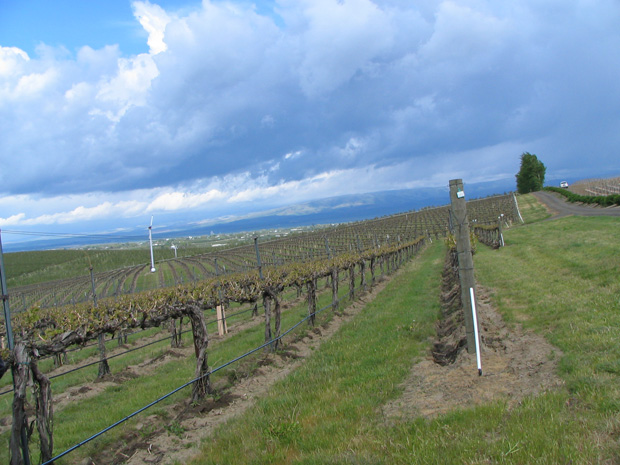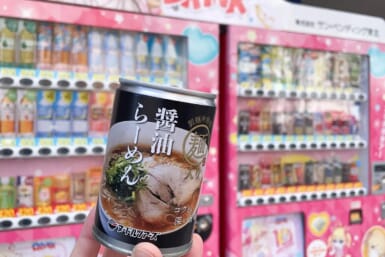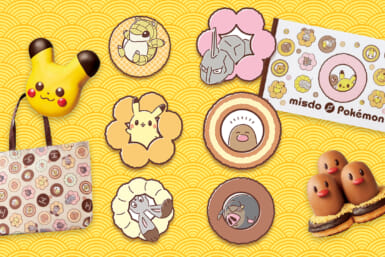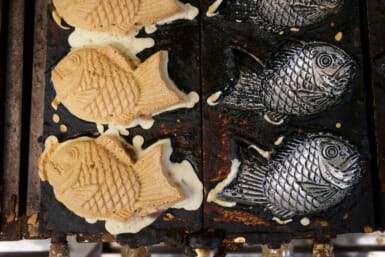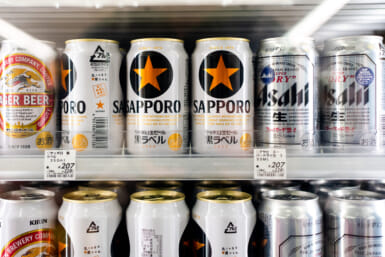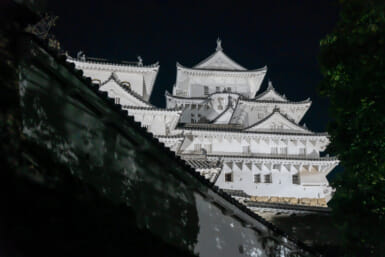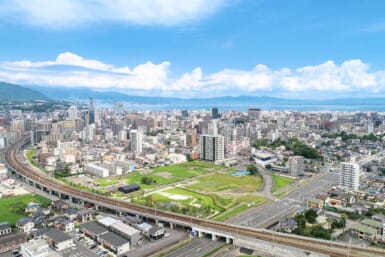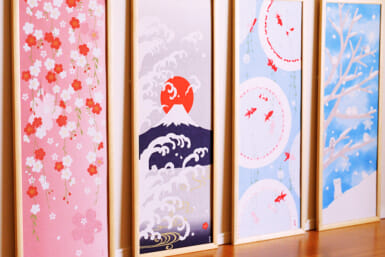by JK Whelehan
I just saw the movie 2012, and it reminded me of a recent trip to Washington State. Repeated lecture themes went something like this: “The Colombia Valley area lava seam caused one of the fastest lava flows the Earth has seen (30 million years ago)…sheer weight created the valley.“ This was accompanied by an unparalleled sequence of ice age floods, reinforcing the fact that the vines of Washington are truly rooted in dramatic acts of God.
Interestingly enough, the resultant soil has acted as a barrier to phylloxera, an aphid which devastated the world’s vineyards in the late 19th century, necessitating that vines today are planted on resistant root stock. Not so in Washington!
Ever been to Seattle? Every time I have been there it has rained, forming an umbrella impression in my mind that it was a constant feature of the state. This was eventually dispelled, though not on the first day! The Olympia and Cascade mountain ranges create a rain shadow sheltering the Colombia valley inland. In fact, the annual rainfall of Washington State is only 152–203mm. And indeed, after having crossed the mountains, I left the rain behind in Seattle. This is a key factor in ensuring consistently high quality wines, as the viticulturist, through irrigation, then can decide when and where to use the water (courtesy of an abundant water supply from the Columbia River), enabling them to stylize the wines in the vineyards.
Indeed Washington holds a unique location at the intersection point of the latitude of France and the longitude of California. In general, its positioning creates a longer ripening period for fully mature and concentrated fruit character. The true measure of all these facts is summed up in the reviews. In fact, 44 percent of Washington wines recently reviewed by Wine Spectator received 90 points or more. Though not cheap, they still offer a tremendous quality to price ratio.
The Columbia valley is probably the best known wine-producing region in Washington, but there are many others worth exploring, just check with the locals. So if you say you “want a Walla Walla merlot” and they do not look at you like you have a stutter, you’re halfway to discovering the quality and value of Washington wines.
External Link:
Washington wine

